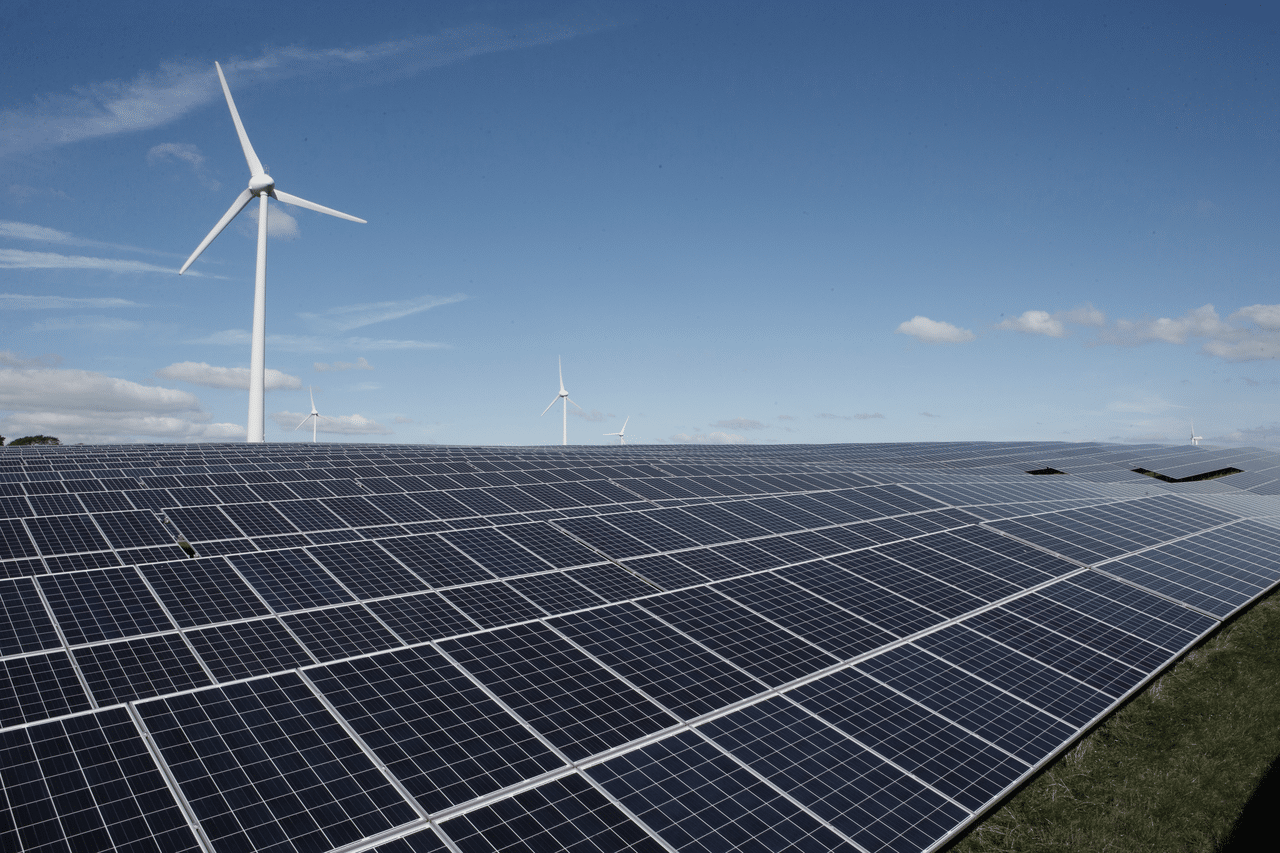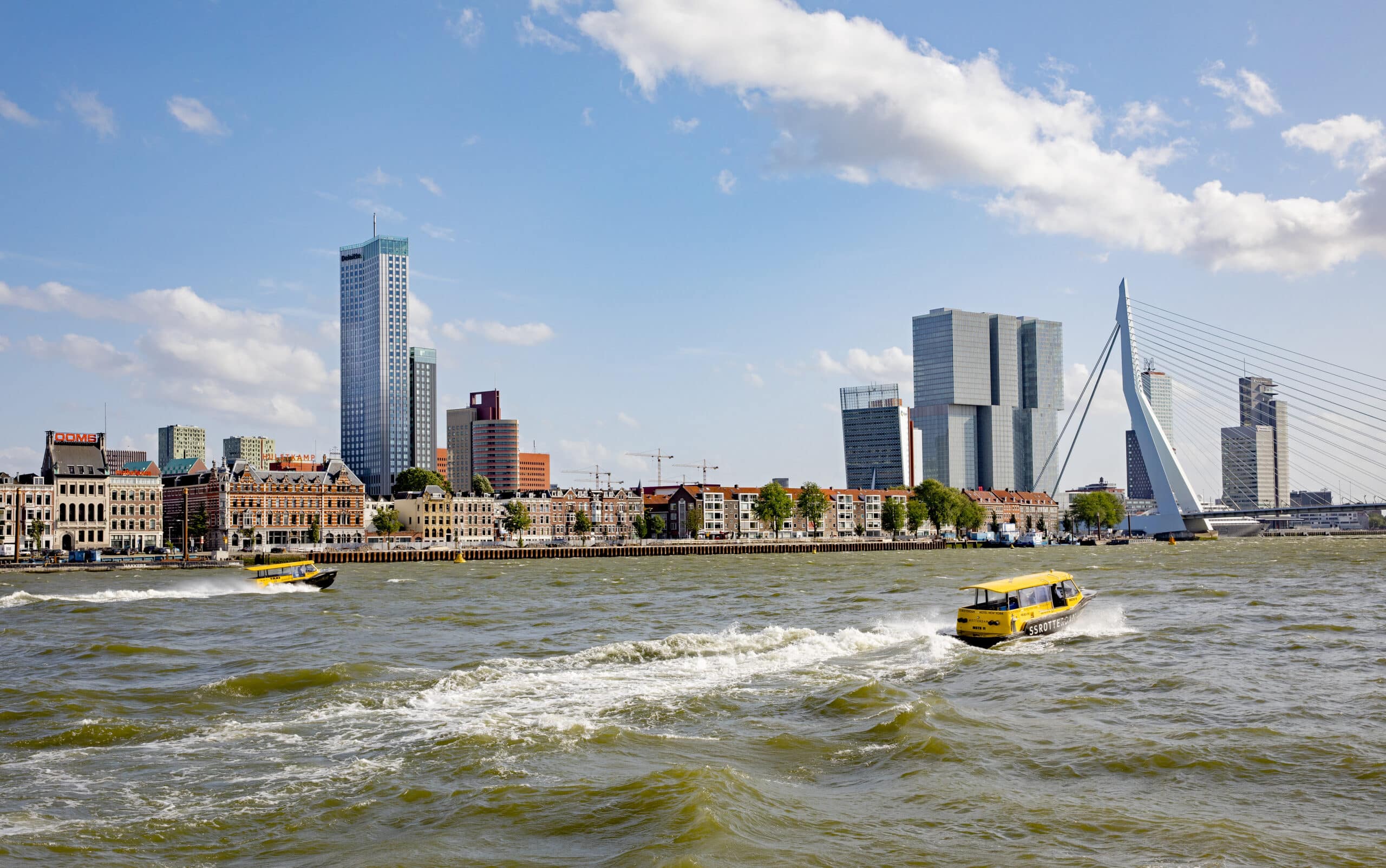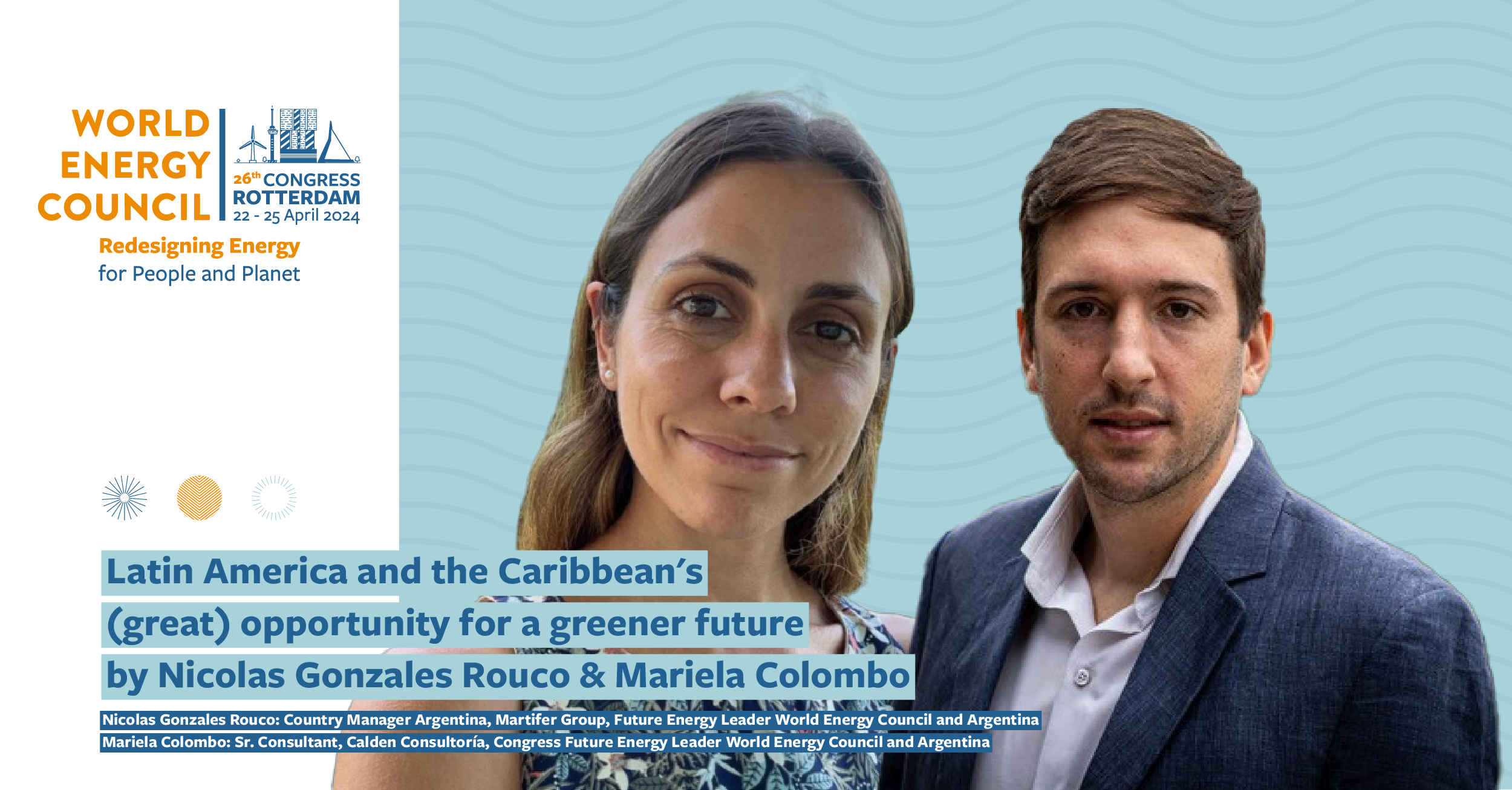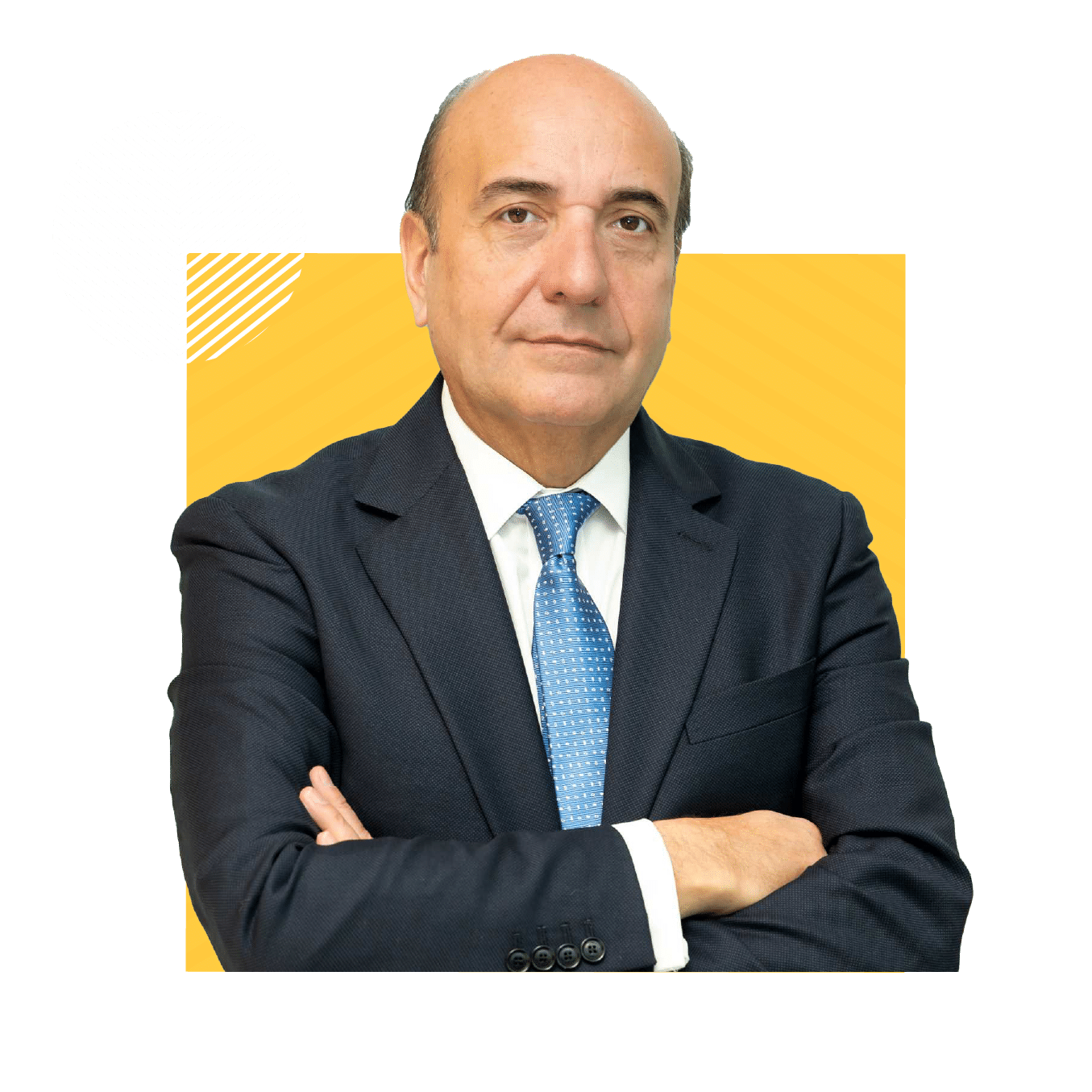Re-defining the role of leadership to tackle climate change
16.05.2023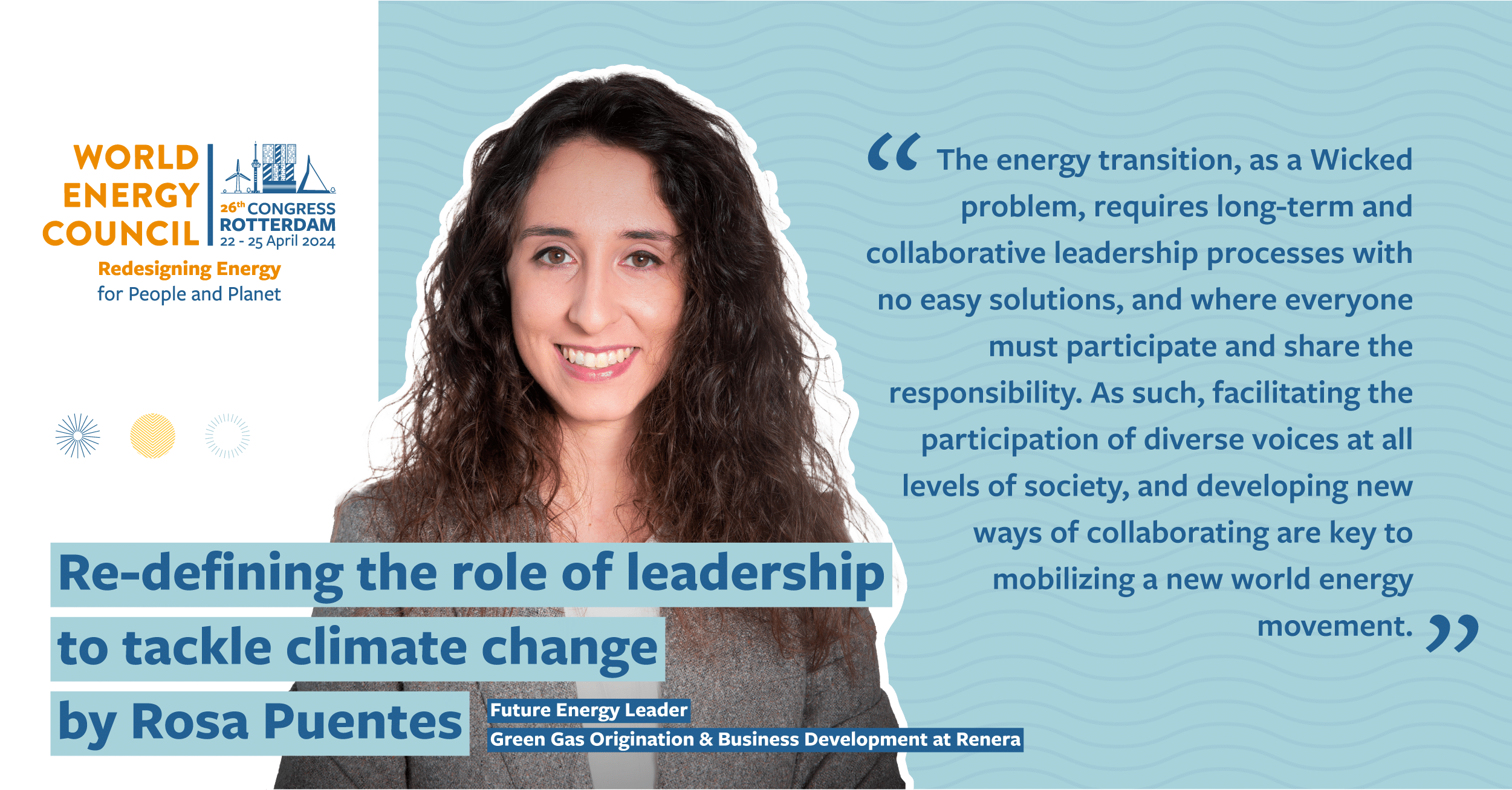
Have you ever heard of the difference between Tame, Wicked, and Critical problems? Keith Grint (2010) proposed these 3 types of problems and suggested that different approaches are needed to tackle them. Of all the differences between these types of problems, the one that surprised me the most was the leadership style he proposed: While Tame problems are expected to be solved by an individual, Wicked problems, in K. Grint’s words: “are partly defined by the absence of an answer on the part of the leader, then it behoves the individual leader to engage the collective in an attempt to come to terms with the problem.”
The challenges arising from the uncertain and unpredictable times we are living in the energy sector can only be addressed if we look at them as Wicked problems. That means we must address them from a collective perspective since only collective engagement and active participation can address the problem: “it is not a science but an art – the art of engaging a community”. It is not possible for a single individual to tackle climate change alone. Therefore, the leader’s role with a Wicked Problem is to ask the right questions instead of trying to have all the answers.
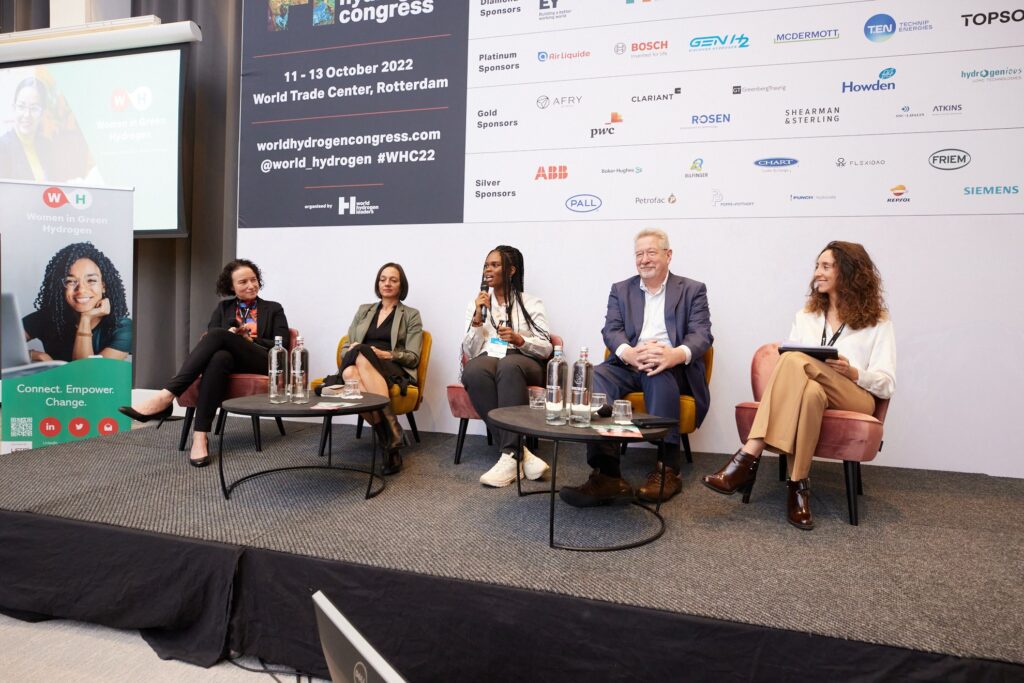
The energy transition, as a Wicked problem, requires long-term and collaborative leadership processes with no easy solutions, and where everyone must participate and share the responsibility. As such, facilitating the participation of diverse voices at all levels of society, and developing new ways of collaborating are key to mobilizing a new world energy movement. As leading companies and organizations in the energy sector, we have the responsibility to find solutions that work across borders and sectors and involve all levels of society. As part of the World Energy Council we have the opportunity to be part of this collective process.
So how do you address wicked problems? Join us for the 26th World Energy Congress on 22-25 April 2024 in Rotterdam to discuss your ideas to achieve together a sustainable, and inclusive decarbonization of the energy sector.
Rosa Puentes
Future Energy Leader at the World Energy Council
Green Gas Origination & Business Development at Renera
